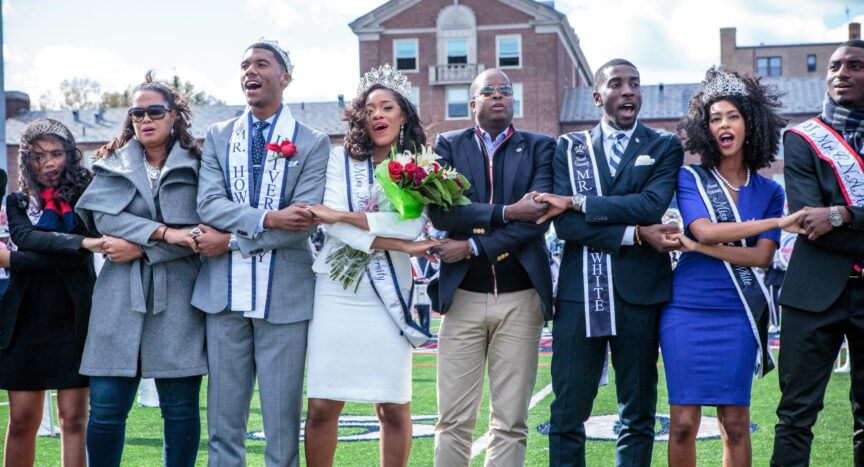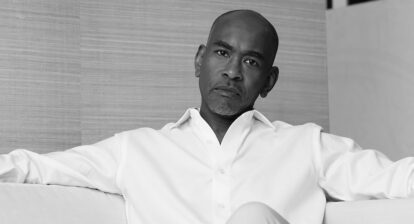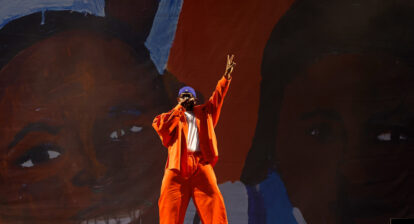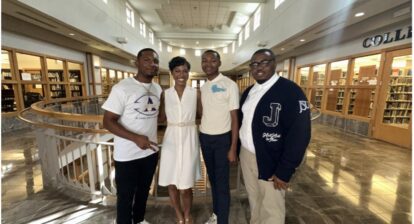As the homecoming season approaches, the energy on HBCU campuses is gearing up to intensify with immense pride, joy, and legacy. A vital part of the homecoming legacy is the crowning of the royal court, a tradition that can be traced back to the 1920s and has become a central event over time.
Though it is easy to assume that the concept of campus queens and the royal court is a surface-level process that prioritizes influence and beauty—that sentiment couldn’t be farther from the truth. The tradition was established to prioritize and uplift the student body through formal leadership, highlighting the importance of service and representation.
The origins of this tradition stem from the desire to honor students who exemplify the values of their institutions. Over the decades, schools have seen various interpretations of this role, yet the core principle remains: these leaders serve as ambassadors for their universities, embodying the spirit and history of their respective institutions.
Through these appointed positions, students are placed in major leadership roles and called on to represent their university, the student body and the legacy on which each school was founded. The responsibilities of the royal court extend beyond mere titles; they involve engaging with the community, advocating for their peers, and embodying the values that their institutions uphold.
EBONY had the pleasure of speaking with former HBCU kings and queens—some in the form of Miss and Mister—to dive deeper into their legacies, what they inherited from the experience, and how it prepared them for future leadership roles. These conversations reveal a shared understanding of these titles’ impact on their personal and professional journeys, emphasizing the ongoing significance of HBCU royal courts in shaping influential leaders.
Delvakio Sharrod Brown, Mister Tennessee State University (2016-2017)

“For a moment in history, I get to uplift, inspire, and encourage students who are breaking ceilings and creating legacies themselves as we lift each other up as we all climb. We created our own lane to represent, support and push us as African Americans. The experience prepared me to use my voice on levels I never dreamed of. I have been able to command rooms and use my leadership skills all over the country because of the lessons and cultivation I experienced at Tennessee State University.”
Brittany Dorsey, Miss Morgan State (2018-2019)

“It’s truly an honor to be a part of a lineage of women who help to shape, inspire and impact young girls from all walks of life on their journey to womanhood as they matriculate through college and prepare for life after graduation. This experience has taught me true poise. It’s given me the confidence to show up in rooms, no matter how big or small. It’s grown my heart for servant leadership, teaching me to be more of a giver than a taker.”
Jahylin McKee, Miss Savannah State University (2016-2017)

“Being an HBCU queen is about carrying the torch of our ancestors who fought for our right to education and representation. It’s a full-circle moment for me to reflect on this now, especially considering my participation in the EBONY campus queen competition back then. I discovered how HBCU queens and kings played crucial roles in the Civil Rights Movement, using their platforms to advocate for justice and equality. This history taught me that our roles were far more than ceremonial – they were revolutionary. More than anything, what was instilled in me is a deep sense of responsibility to my community.”
Jeffron Smalls, Mister North Carolina A&T State University (2016-2017)

“To me, it meant upholding a legacy of excellence, leadership, and service to both my campus and community. It’s a responsibility to inspire others, especially young Black men, to strive for greatness and to lead with integrity. The experience has shaped me by enhancing my leadership skills, deepening my sense of responsibility; and preparing me for roles that require resilience, empathy, and vision.”





